Relaxation Techniques for Preppers
In today’s uncertain world, many individuals have embraced the prepping lifestyle to ensure their safety and well-being. While preparing for emergencies is essential, it’s equally important to find moments of relaxation and tranquility amidst the chaos.
We all live in a fast-paced world. Stress can come in a number of forms, from pending storms and possible disasters to sickness, loss of a job, or family interaction challenges. Preppers pride themselves in being properly prepared for almost any emergency or general problem that can come their way as part of daily life. That’s why they, just like anyone else, need to learn how to relax, do some self-reflection, and take the time to take care of themselves before they experience possible burnout.
Today, I want to talk about relaxation techniques for preppers. We can all use them, but they’re particularly helpful for those who take prepping seriously. Flashlight
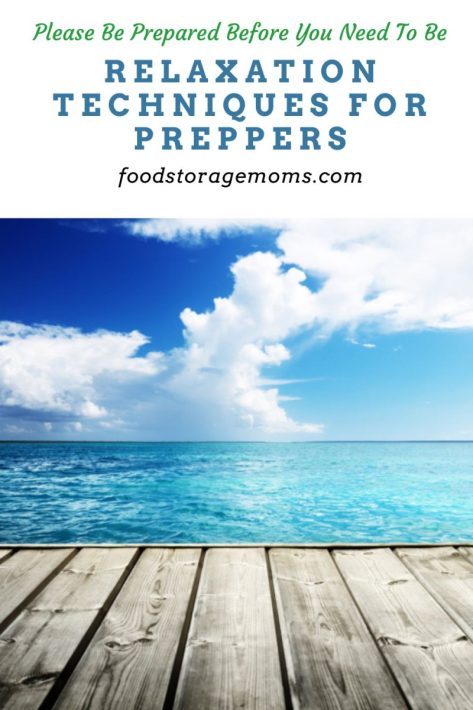
Mindful Breathing and Meditation
One of the most effective ways to relax and find inner peace is through mindful breathing and meditation. Learning a deep breathing technique can help to settle you down and get your whole body more relaxed.
Setting aside a few minutes each day to focus on your breath and clear your mind can significantly reduce stress and anxiety. Find a quiet spot, sit comfortably, and close your eyes. Take slow, deep breaths from your diaphragm, allowing the air to fill your lungs completely. Allow the air to exhale slowly too.
As thoughts arise, acknowledge them without judgment and gently bring your attention back to your breath. Apps like Calm or Headspace can provide guided meditation sessions to help you get started. Mental health is a hot topic in the news and on social media. Being able to make quick and decisive decisions at critical times can make all the difference. How to Be Tougher Mentally As a Prepper
Nature Connection
Spending time in nature is a powerful way to unwind and reconnect with yourself. As a prepper, this connection becomes even more important. Find a local park, forest, or any natural setting where you can immerse yourself in the sights, sounds, and smells of the outdoors.
Engage your senses by taking a leisurely walk, observing wildlife, or simply sitting and listening to the calming sounds of nature. This practice not only helps you relax but also enhances your survival skills by fostering a deeper understanding of your environment. 20 Reasons Why Fishing is Beneficial to Emergency Preparedness
Creative Outlets
Engaging in creative pursuits can be incredibly therapeutic for preppers. Whether it’s writing, painting, playing music, or crafting, finding an outlet for self-expression allows you to channel your energy in a positive and relaxing way. The flexibility you express through these various outlets shows you aren’t one-dimensional and have the ability to acquire a new skill to enjoy.
You may want to also include other family members in some of the activities so you can develop stronger bonds through common interests and non-stressful times together.
Set aside dedicated time each week to explore your chosen creative endeavor and supplement the routines that often take a toll with a more relaxed and enjoyable pastime. Not only does this help you unwind, but it also nurtures your mental resilience and resourcefulness, essential qualities for any prepper.
The Library: An Essential Resource for Preppers
Physical Exercise and Outdoor Activities
Staying physically fit is vital for preppers, and it also plays a significant role in relaxation. Engaging in regular exercise not only strengthens your body but also releases endorphins, boosting your mood and reducing stress levels that can cause things like headaches. It’s good to get your heart rate up from physical activity rather than a stressful and traumatic event.
Consider incorporating outdoor activities into your fitness routine, such as hiking, biking, or even practicing survival skills like bushcraft. Not only will these activities help you relax, but they will also contribute to your overall preparedness by improving your physical endurance and adaptability. First Aid for Outdoor Adventures
When you need to step things up to survival mode, you don’t want to question if you’re physically up to the tasks at hand. Staying reasonably fit, shrinking that belly, maintaining good posture, and being able to breathe effectively helps provide a positive attitude and perspective about the events going on around you.
Disconnecting from Technology
In today’s hyper-connected world, it’s easy to get overwhelmed by constant notifications and digital noise. Preppers, who are often more aware of global events, may find it particularly challenging to detach from the news cycle. However, carving out tech-free periods in your day can do wonders for your mental well-being.
Switch off your devices, step away from social media, and allow yourself to disconnect and recharge. Use this time to engage in other relaxing activities, connect with loved ones, or simply enjoy some quiet solitude.
A World Without Technology: A Glimpse into the Unplugged Life
Is it normal to feel anxiety or fear when prepping?
It’s not uncommon to experience anxiety or fear when engaging in prepping activities. However, it’s essential to approach prepping in a way that promotes well-being rather than increasing these negative emotions. Developing a plan takes much of the stress out of being well-prepared and should alleviate anxiety and fear by providing a sense of security and empowerment.
What are some passive rest techniques that can help preppers relax?
Passive rest techniques, such as sleeping, napping, or simply settling into a comfortable position while shutting your eyes or softening your gaze, can provide relaxation and recovery. These techniques allow preppers to shut out external stimuli and give their bodies and minds a chance to recharge.
How does sleep impact prepping and overall well-being?
Getting sufficient sleep is crucial for preppers’ physical recovery and overall well-being. Most individuals require seven to eight hours of sleep each night to maintain optimal functioning. Quality sleep supports physical health, mental clarity, and the ability to handle stressful situations effectively.
Relaxation Techniques
- Take slow, deep breaths to activate the body’s relaxation response and reduce stress.
- Practice mindfulness meditation to calm the mind and promote a sense of inner peace.
- Tense and then relax each muscle group in the body to release tension and promote relaxation.
- Spend time in nature, whether it’s a hike in the woods or a walk on the beach, to connect with the calming power of the outdoors.
- Engage in gentle yoga poses or stretching routines to relax the body and release muscle tension.
- Listen to soothing music or create a calming playlist to help alleviate stress and promote relaxation.
- Use essential oils such as lavender or chamomile to create a relaxing environment and promote a sense of calm through the use of another of our senses.
- Write down your thoughts and feelings in a journal to process emotions and reduce stress.
- Take regular breaks from electronic devices to give your mind a break and reduce mental fatigue.
- Connect with loved ones or join a support group to share experiences, seek advice, and find emotional support.
- If you’re feeling stressed all the time, it may be time to visit a physician. Understanding what’s causing the stressful feelings can actually relieve stress since you now have a diagnosis and you aren’t left guessing. There could be a physical issue that is prompting some of the challenges you’re feeling. Don’t be afraid to reach out for help.
More Tips
- The Library: An Essential Resource for Preppers
- Preparing for the School Year: Must-Have Items for Preppers
- What Can Old Keys Be Used for in Prepping?
Final Word
While the preparedness mindset is crucial, it’s equally important for preppers to prioritize self-care and learn some relaxation techniques. Preppers can enhance their mental well-being and resilience, ultimately leading to a more fulfilling and sustainable prepping journey. Remember, taking care of yourself is just as important as preparing for any potential emergencies that may come your way. May God Bless this World, Linda
Copyright Images: Woman Reading a Book Depositphotos_8147752_S by Mihtiander, Caribbean Beachfront Depositphotos_27098687_S by Lakov

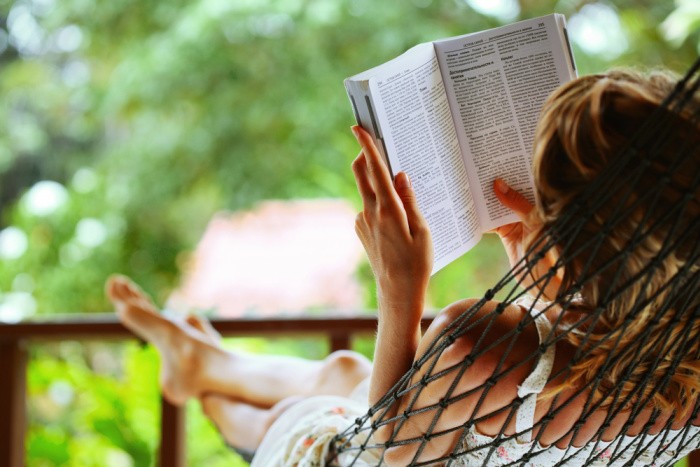

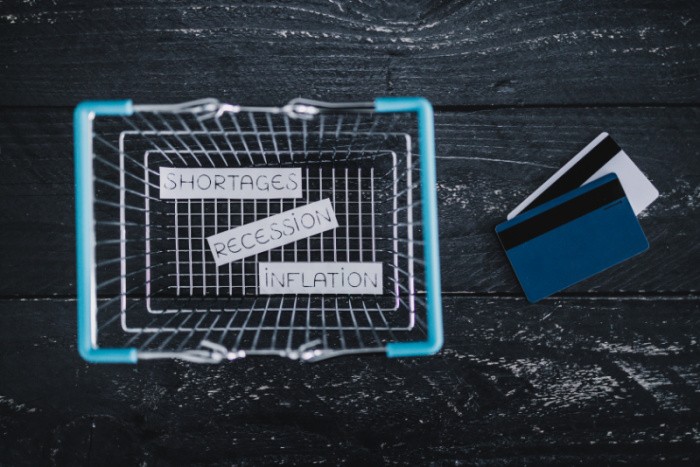
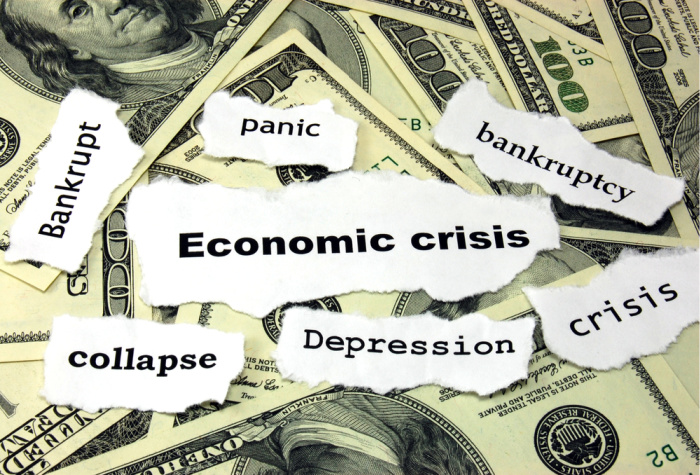
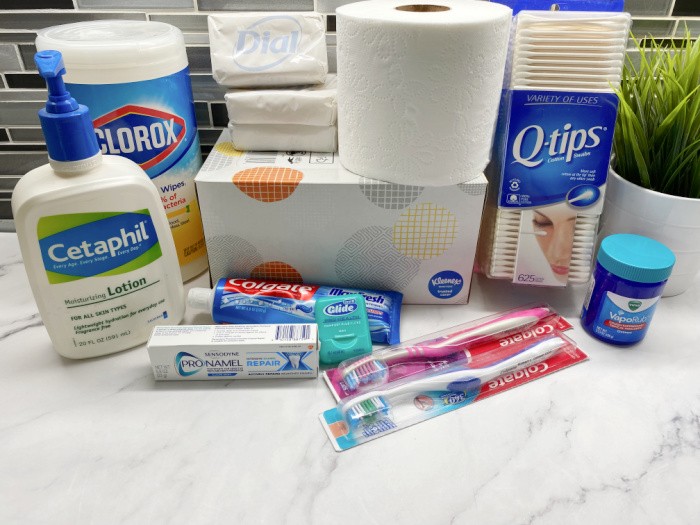


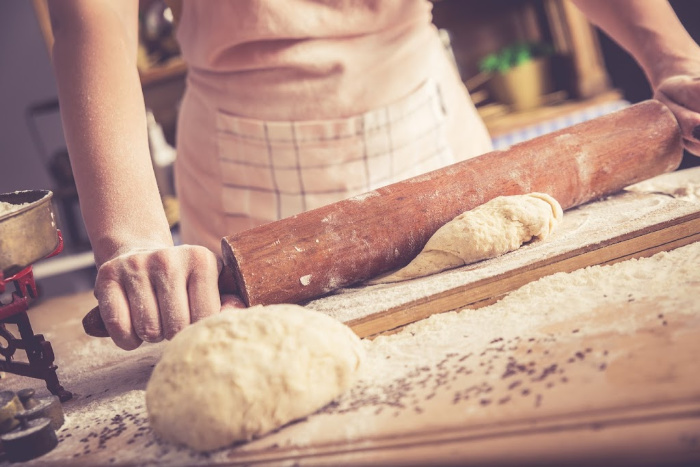


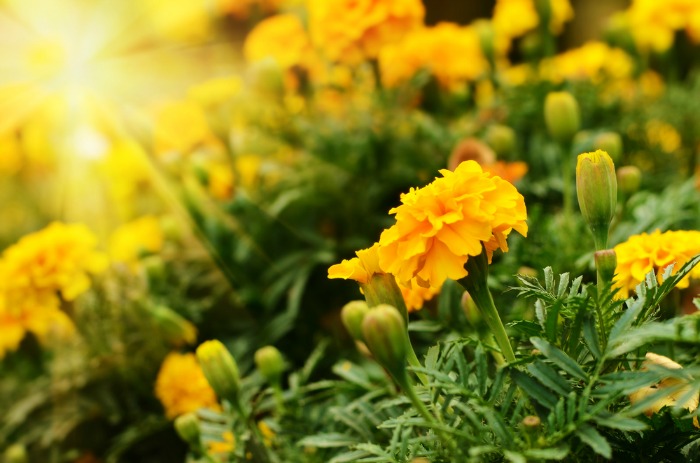
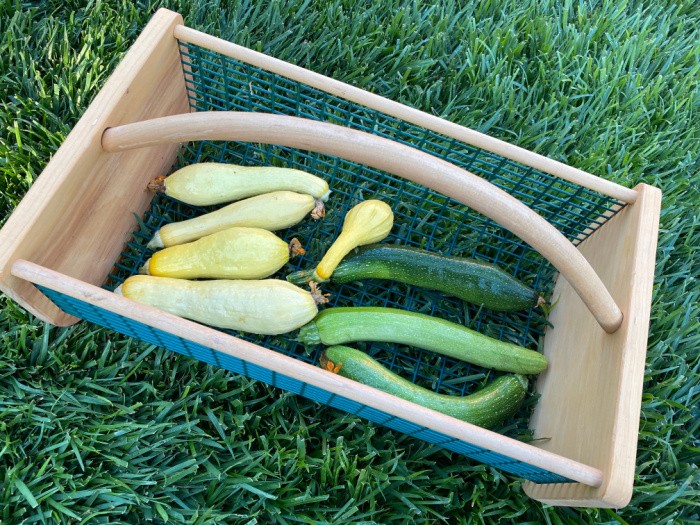

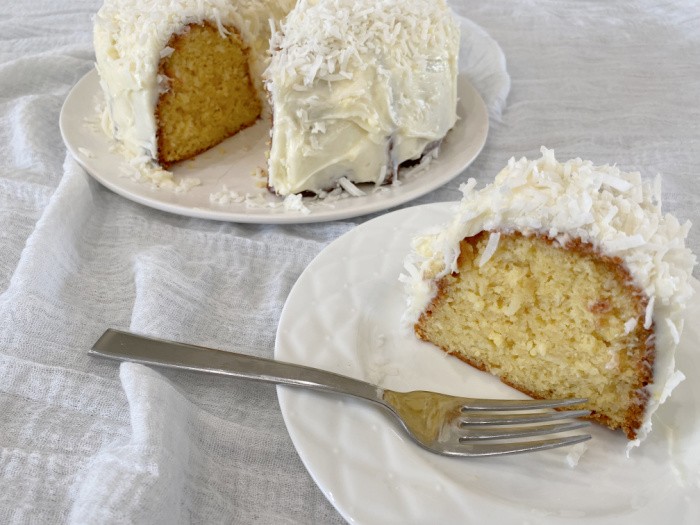
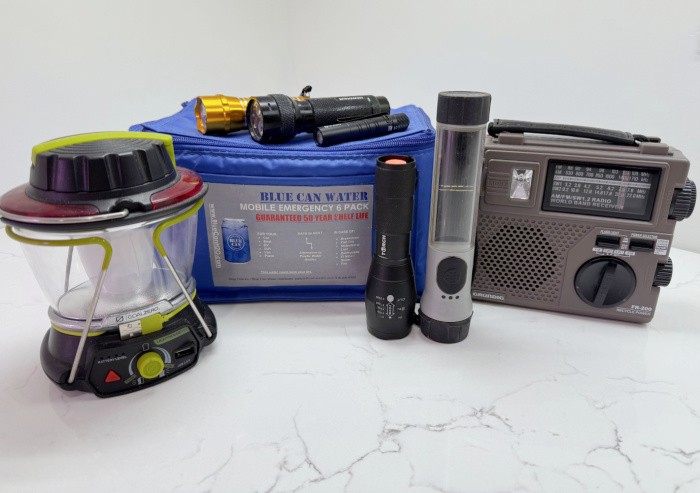
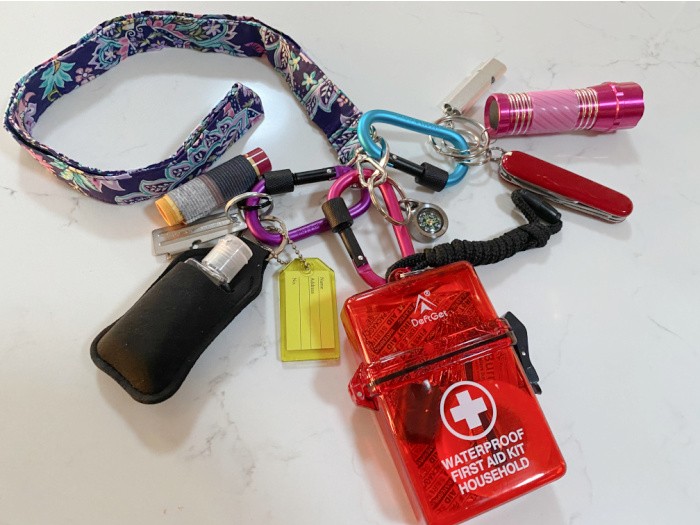





It’s absolutely a good thing to take time for yourself and do something outside of stress. Feeding the critters and watching the sunrise is often enough to start the day. Also for me sometimes it’s shooting, throwing a rope on a cattle dummy and even yoga.
I like yoga I just don’t like the stuff that seems to go with it.
I’m gonna wear sweats and socks cause I’m not a pretty man, my mat ain’t woven reed by a Tibetan monk it’s from Walmart and yeah it’s stained cause I put it down on the million degrees asphalt to help a lady change her tire and no I’m not gonna chant and hum and as one instructor found out trying to make me can get you in a confrontation you don’t wanna be in. For folks that are supposedly chill they sure are uptight bout stuff.
I do like the breathing and exercise though. Maybe one day I’ll find a place
HI Matt, you of all people understand the need to take time for yourself. You served our Country overseas and stateside, great comment, my friend. I can picture your yoga mat, it’s used for more things than yoga, that’s for sure. You’re a great example to all of us. Thanks again for your thoughts, I love them. Linda
Do something that has nothing to do with prepping. Learn a language, read a novel where the hero is not a prepper. I am a big believer in being prepared, but we have to change focus.
HI Janet, that is a good choice! I love to watch a funny movie and laugh! We can’t dwell on being prepared all the time. It’s a way of life for all of us but we need to take time out for ourselves. We do need to change our focus, Linda
Prayer is a good way to take a load of stress off as well.
I agree with Janet – do something totally unrelated to preparing! I read, quilt, color – lots of coloring books that are not geared toward children, play music if you have that particular talent (I can play the radio pretty well!!! LOL!). There are a number of things that can be done that can destress and relax a person that have nothing to do with preparedness.
Hi Leanne, oh yes, this is wonderful, prayer always works for me. I got the giggles over I can play the radio pretty well! I love it! Coloring books for children and adults are awesome. Great tip! Linda